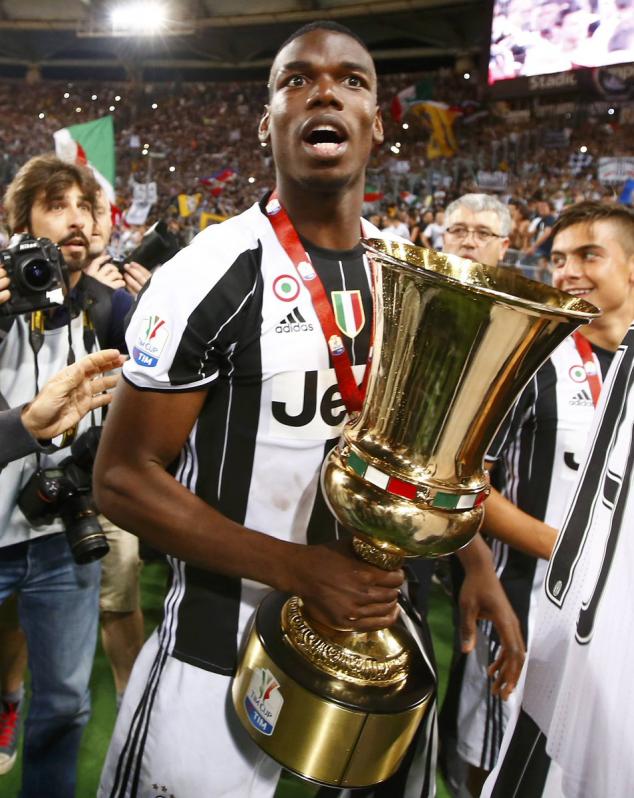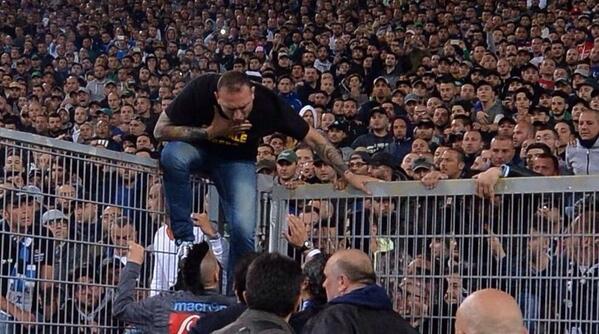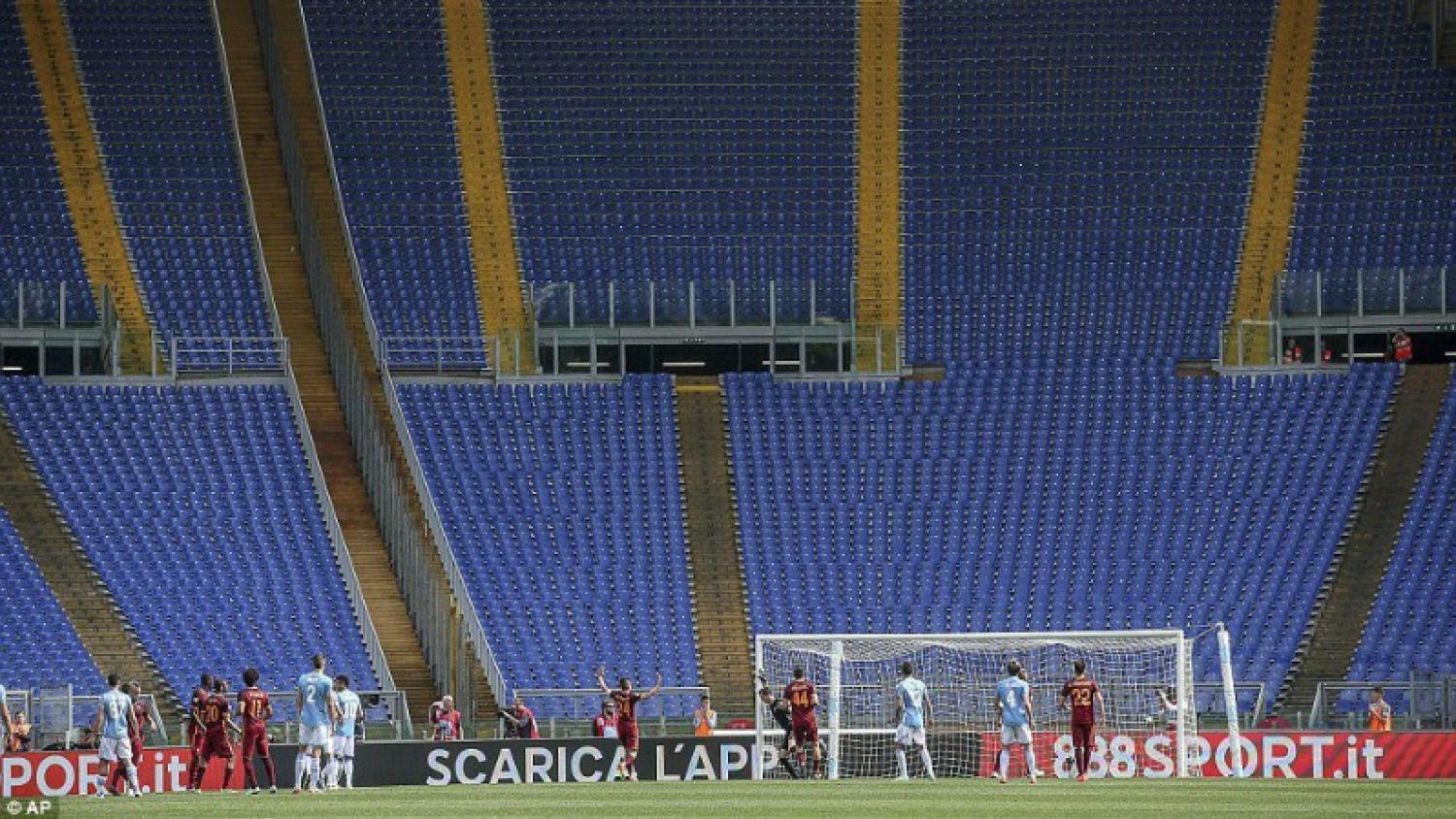If a football match takes place in Italy and no one is around to see it, does it actually happen? Lazio started selling season tickets on Monday, but their ticket offices remained an apparent ghost town throughout the day as they sold only 11 season tickets by the day’s end.
Lazio play their home matches in Rome’s Stadio Olimpico, which has a capacity 72,698. Last season, Lazio averaged only 21,274 spectators per match. This is generally in line with the rest of Italy, where only 55.8 percent of stadium seats are typically filled on match days.
This has been an ongoing problem in Italy for years — Italy’s top flight numbers are the lowest they’ve been since 1970 and they’ve steadily decreased since 1997. Last year, only Inter Milan and AS Roma averaged over 40,000 spectators per match. Sassuolo Calcio, Chievo Verona, Empoli, Carpi and Frosinone Calcio all averaged below 15,000.
The average attendance across the division was 22,644. In comparison, MLS averaged 21,574 — just 1,070 less per match. This is the country that is only surpassed by Spain with regards to European club performance. Italian clubs have won the European Cup/Champions League on 12 occasions and they’ve finished runners-up a record 15 times.
Clubs like AC Milan, Internazionale, Juventus and Roma have massive support around the world.
However, Serie A’s infrastructure is now lagging noticeably behind other countries. Juventus play their home matches in Juventus Stadium, opened in 2011, but the majority of other teams play in unmaintained and largely decaying stadia that hardly enlivens the match-going experience.
In Italy, the majority of stadiums are municipal properties, making it unprofitable to increase attendance or to modernize the stadium. City councils simply refuse to invest in maintenance work.
The quality of the division has also dropped sharply since its heyday of the 1990s. Back then, Serie A was the most glamorous league in the world with the likes of Ronaldo, Zinedine Zidane, George Weah and Roberto Baggio.
Now, the majority of the talent in the division is stockpiled by Juventus. Paul Pogba, one of the crown jewels of Serie A, looks set to abscond back to Manchester United.

Photo: @Squawka | Twitter
Older players, like Dani Alves, Patrice Evra and Miranda, have found a haven in Italy, which is the competition with the highest number of players older than 30 in Europe.
Public transportation, misplanned thoroughfare and the resulting gridlocked traffic has also contributed to fan’s decisions to watch the match on TV rather than taking a trip to the stadium. With an overwhelming amount of football on TV, the incentive to go to an empty stadium to watch is nonexistent.
Italian clubs make the majority of their income from TV revenue. Match day income accounts for just a sliver of their profits. In Italy, it’s pretty simple to watch every Serie A match with a paid subscription. In countries like England, this is much more difficult and encourages fans to attend matches.
The presence of Ultras, organized supporter groups, who can be destructive or violent makes staying at home on the sofa that much more appealing. Italian stadia appeals less to a casual/family audience, and is instead the grounds for die-hards and Ultras. In Italy, it’s extremely rare to see a large traveling contingent of fans because of these reasons.

Photo: @footynews129 | Twitter
Mismanagement, deceit and bad behavior from the clubs themselves has also alienated supporters.
It all adds up to a complex predicament that is shocking for a country so much engrained with the soul of global football.
(H/T: ESPN FC)
Follow me on Twitter: @ConmanFleming



